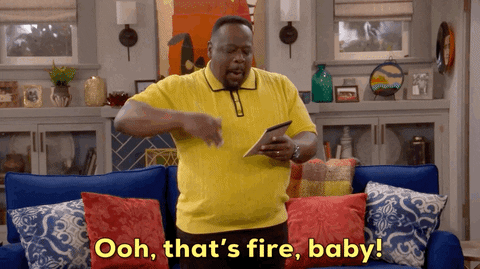As a writer, I know it’s difficult to hear criticism about my work.
When I’ve poured my heart and soul into my book, to hear negative feedback is disheartening.
However, it is important to remember that criticism is be valuable and constructive if approached in the right way.
The first step in dealing with criticism of my writing is to approach it with an open mind.
It’s natural to feel defensive when someone criticises my work, but it’s important to try to put those feelings aside and listen to what the critic is saying.
I try to understand their perspective and see if there is any validity to their critique.
I remind myself that no book is perfect, and there is always room for improvement.
Once I’ve listened to the criticism, I take a step back and evaluate it objectively. I sit with the feedback for a few days before making any changes or decisions.
I ask myself if the criticism is fair and if it aligns with my own assessment.
If it does, then it may be time to make some changes.
If not, then I can respectfully disagree and move on.
Keep in mind that not all criticism is constructive, and some people may just be trying to tear you down.
It is up to you to determine which feedback is valuable and which is not.
If I do decide that the criticism is valid and I need to make changes, then I strive to approach the revision process with a positive attitude.
I remind myself that my book is a work in progress, and every change I make brings me closer to my vision for the final product.
I try to view the revision process as an opportunity to grow and improve as a writer.
When making revisions, I strive to be strategic and intentional. I don’t just make changes for the sake of making changes.
I take the time to carefully consider each suggestion and determine whether it will improve the overall quality of my book.
I’m the ultimate authority on my book, and I have the final say on what changes are made.
Another important aspect of dealing with criticism is knowing when to ignore it.
Not all criticism is helpful, and some people may just be trying to bring me down.
Or if I’ve had readers through my material that aren’t the intended target audience.
Like I ended up getting people who’d never read and never had any interest in sci-fi reading Recruiting Phantom, that feedback was less valuable than the feedback that really dug into the nitty-gritty of the conventions of sci-fi.
It is important to know when to tune out the negative voices and focus on my own vision for my book.
It’s just as important as recognising the yes-men and tuning out them too, because they’re not advocating for the story to be the best that it can be.
If everyone only ever loves everything I write, it’s time to find some more critical voices.
I trust my instincts and remember that I’m the one who knows my book best.
I seek out constructive criticism from trusted sources.
This could be beta readers, writing groups, or other authors.
These people can provide valuable feedback that can help me improve my book and grow as a writer.
When seeking out feedback, I ask specific questions and stay open to honest feedback.
Remember that the goal is to improve the book, not to seek validation or praise.
When I’ve got people who advocate for my characters, give me constructive feedback that details what they did or didn’t like about something, and who can objectively look at their subjective experience to provide me feedback that is genuinely helpful, I know I’ve found the right people.
Dealing with criticism of my book as an author can be challenging but it’s ultimately rewarding.
By approaching criticism with an open mind, evaluating it objectively, making intentional revisions, knowing when to ignore negative feedback, and seeking out constructive criticism from trusted sources, I can use criticism to grow and improve as a writer.
My book – and me as a writer – are a work in progress, and every piece of feedback I receive brings me one step closer to my vision for the final product.
Like the picture says: be kind, have grace, speak love & stay swaggy (I personally think staying swaggy is thee most important of the lot!)
I’m getting to do something as amazing as writing a story and have people take time out of their busy lives to read my book.
And that’s an amazing thing.
Want to get more out of reading books?

Grab this FREE guide on how to start a reading journal, complete with review templates, reading trackers and bingo sheets.
Understand yourself better as a reader, engage more with the books you read & make space for creative self-expression. Get it now!





